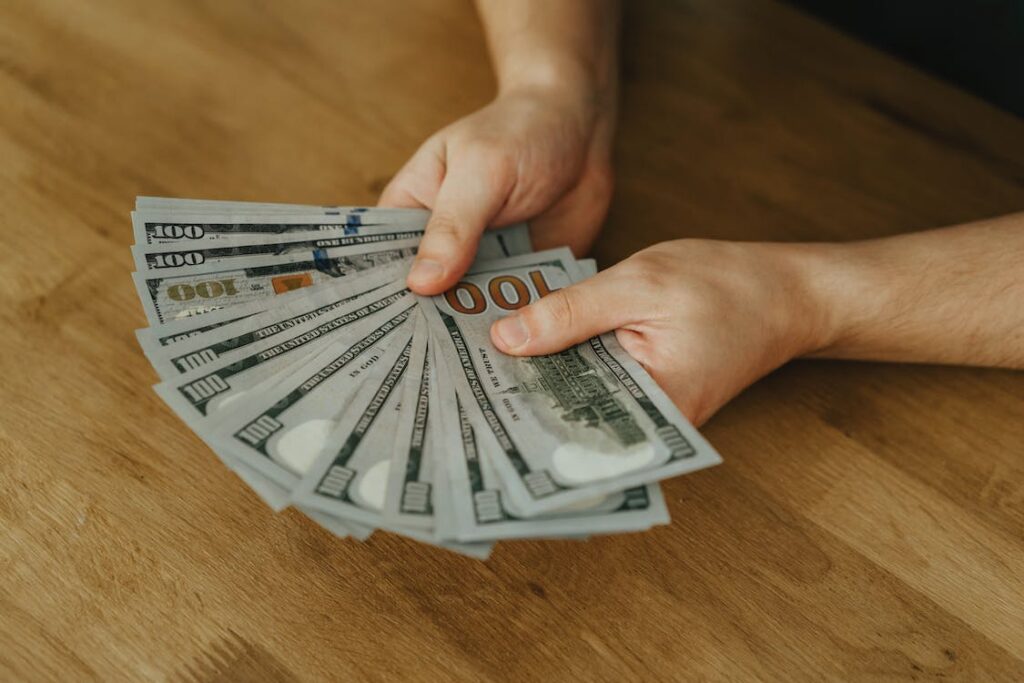Feds Uncover Large-Scale COVID Relief Fraud Funding Illicit Activities in Chicago and Beyond
In the heart of Chicago, the COVID-19 pandemic brought about an unexpected and troubling consequence: the soaring prices of illegal firearms. What makes this situation even more concerning is that criminal gangs found a way to finance these illicit weapons through fraudulent Paycheck Protection Program (PPP) and other pandemic-related relief funds, as detailed by federal agents.
Throughout the challenging years of the pandemic, a disturbing trend emerged: criminals leveraging cash obtained through fraudulent federal pandemic relief programs designed to aid struggling businesses and the unemployed. The Justice Department, in conjunction with court records, shed light on how these nefarious activities unfolded.
What’s particularly astonishing is that even incarcerated individuals were involved in this large-scale fraud. The government estimates that a staggering one-quarter of a billion dollars in fraudulent unemployment insurance benefits ended up in the hands of inmates within federal prisons nationwide.
The playbook for cheating the system seemed to be an open secret. The case of Tennessee rapper Nuke Bizzle serves as a stark example, as he admitted to pocketing over $700,000 in illegitimate COVID unemployment insurance benefits. In a brazen display, he glorified these scams in a YouTube music video that garnered nearly 290,000 views.
In the Windy City, the pandemic witnessed a surge in the price of illegal firearms. Shockingly, gangs managed to fund these purchases using fraudulent COVID relief proceeds, an alarming revelation made by federal agents. In Milwaukee, the situation took an even darker turn when a gang member allegedly utilized ill-gotten coronavirus relief benefits to finance a murder-for-hire operation, according to authorities.
Michael C. Galdo, the director of COVID-19 fraud enforcement for the Justice Department, reflects on the disturbing trend, stating, “We’ve repeatedly seen a connection between violent crime, violent criminal street gangs, and the COVID fraud space throughout the country.” He further underscores the unprecedented scale of this fraud, noting, “I don’t think anyone’s ever seen anything like this in terms of the fraud. Word got around pretty quickly that these programs were vulnerable.”
The confluence of the pandemic and criminal exploitation has revealed a deeply concerning underbelly, where relief meant to support those in need has been manipulated to fuel illicit activities, leaving law enforcement agencies grappling with a unique challenge.






